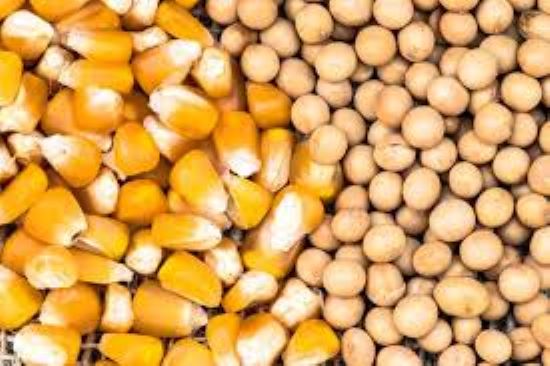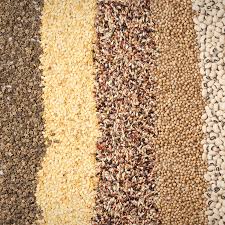We have many classes of seeds. The Genetically Modified Organisms (GMOs) seeds, hybrid seeds, organic seeds and heirloom seeds. Let’s look at the differences between them?
GMO Seeds
GMOs stands for Genetically Modified Organisms. In other words, GMOs seeds are created in labs for desirable traits by injecting seeds with genes from another plant. Some of these traits could withstand drier weather conditions or harmful insects. Unlike hybrid seeds that are products of cross-pollination, GMOs seeds are generated in labs via gene modification.

These seeds are generally purchased by commercial farmers for producing crops on a larger scale. There have often been debates about GMO seeds being unhealthy to consume, however, no research has been definitive on health issues with GMO-grown products. These seeds grow in regular soil like any other seed type, but because they are created artificially in a lab, they are more expensive to buy.
Hybrid Seeds
As stated above, a hybrid seed is a product of a cross between two genetically different plants of the same species or type. Usually, the seeds are cross-pollinated by hand, they are produced to prepare a crop that has desirable genetics of the two plant varieties, such as disease resilient or bigger fruit size.
ALSO READ Kigali: African agricultural scientists propose biotech resolutions to ministers

For instance, if we took a yellow sweet pepper and pollinated it with red hot pepper, the hybrid might result in red sweet pepper. The produce that comes from these seeds will not grow true to either of the parent plants. Hybrid seeds are specifically created to get the best traits of the two parent plants, therefore, they tend to grow quicker, hardier and produce higher yields.
Organic Seeds
Organic seeds are the ones that are produced naturally without the aid of pesticides or any other chemical substance. These seeds are known to be stronger, disease resilient, and with enhanced capabilities to thrive in adverse conditions. As the word organic suggests, these seeds are produced naturally through pest-free plants.

Organic seeds are non-GMO which means that these seeds cannot be modified genetically in any way. However, you can produce hybrids using organic seeds by cross-pollinating with other varieties to get the best attributes of each variety.
Heirloom Seeds
When things in our families are passed down from a generation to another, they’re called family heirlooms. Similarly, this stands true for certain plants. Heirloom seeds are crop varieties that have existed for more than 50 years. These seeds have been passed through generations of growers, carefully crafted to acquire some special traits, whether it’s a special adaptation to growing conditions, disease resilience or having a unique flavour.

Heirloom seeds are tried and tested because they have been grown for years. Growth habits, yields, and other information can be assessed to understand the final crop. Heirloom seeds are open-pollinated, which means that, unlike hybrid seeds, they will produce plants with most of the characteristics of their parent plant. They’re the most desirable seeds as they can be saved through the years and produce higher yields.


![[EXPLAINER] What’re the differences between GMOs, hybrid, organic, and heirloom seeds?](https://ashenewsdaily.com/wp-content/uploads/2024/08/Maize-farm-enjoying-phosphorus-fertiliser-e1723554209203.jpg)